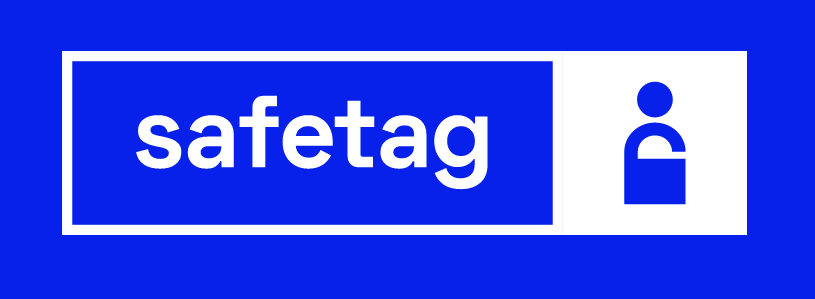Blogs
Featured: Internet Freedom's Final Frontier
The gravity of terrestrial attacks on human rights is not magically escaped in orbit
Featured: From the Tusks and Safety Department
What security and safety tooling do we need to build now if Mastodon scales to tens or hundereds of millions of users.
Recent: Censorship and Centralization
De-platforming gets thrown around as equivalent to censorship or getting kicked off of the Internet, but this is a dangerous and self-fulfilling lie.
Recent: As they say, some personal news.
After a decade advancing digital rights and resilience work at Internews, I’m excited to start a journey in the private sector.
Projects
Project: SatComms Safety
Satellite Communication Threats is an adversary-neutral review of known risks with satellite communications (satphones, BGANs, and LEO-orbit (StarLink) terminals).
Project: Level-Up
Level Up is a collection of digital safety resources targeted at trainers to build more engaging and impactful curricula
Project: SAFETAG
SAFETAG is a community-owned, capacity-centered framework for organizational digital security assessment that I co-authored.








